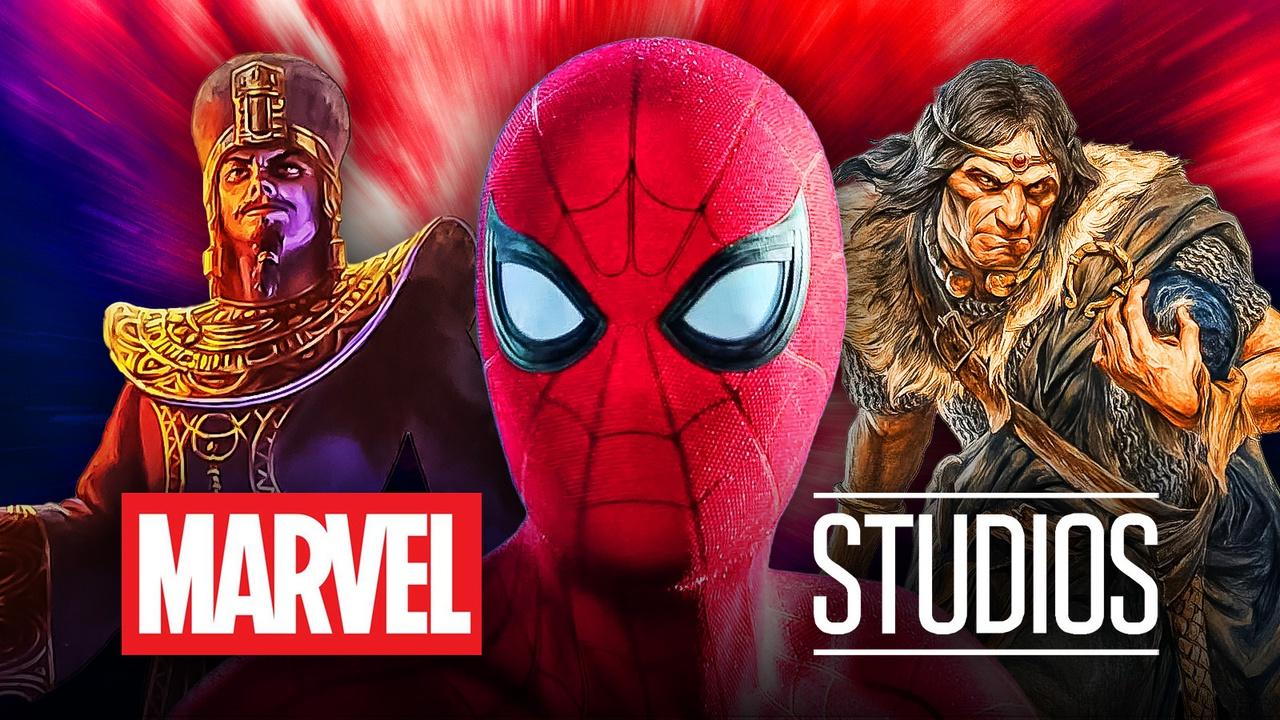
The Marvel Cinematic Universe has become the most successful film franchise in history, but not every Marvel character is free to appear in their own solo movie. While Marvel Studios, under Disney, controls most of the major superheroes audiences know and love, some characters’ rights remain scattered across different studios, dating back decades before the MCU even began.
This complicated web of ownership has shaped which characters can headline their own projects and which ones cannot. Most casual fans are familiar with the big examples. Sony Pictures still holds the live-action film rights to Spider-Man, forcing Marvel Studios to collaborate with it to use Tom Holland’s Peter Parker.
Similarly, Universal Pictures owns the distribution rights to solo films featuring the Hulk and Namor the Sub-Mariner, meaning Marvel can only use those characters in team-up projects rather than standalone movies.
These are well-known roadblocks that Marvel has had to work around in creative ways. But there are even stranger cases that most fans aren’t aware of, and the history behind the complexity of these agreements is fascinating.
Marvel Characters Locked Out of Solo MCU Films
Spider-Man

Spider-Man, the web-slinging everyman created by Stan Lee and Steve Ditko in 1962, stands as one of Marvel's most beloved heroes. Yet, his solo cinematic journey in the pure MCU sense is forever complicated by Sony's grip on the rights. In 1999, amid bankruptcy woes, Marvel sold the live-action film rights to Sony for a mere $7 million, a deal that included not just Peter Parker but his vast supporting cast and villains.
This arrangement allowed Sony to produce standalone films like the Tobey Maguire trilogy and Andrew Garfield reboots, but it barred Marvel Studios from independently crafting Spider-Man solos.
Even today, Sony retains these cinematic rights, encompassing both live-action and animated features over 40 minutes long, requiring any MCU involvement to stem from negotiated partnerships.
The current co-production deal with Disney, renewed periodically, has enabled Tom Holland's portrayal to swing through MCU crossovers like Avengers: Infinity War and solo outings such as Spider-Man: No Way Home. However, these are essentially hybrid projects where Sony holds the final say on distribution and creative elements.
Without this collaboration, Marvel couldn't produce a standalone Spider-Man film without risking lawsuits, as evidenced by past tensions that nearly derailed the partnership in 2019, which were later resolved.
Hulk

The Incredible Hulk, Bruce Banner's gamma-powered alter ego introduced in 1962, embodies raw power and inner turmoil, but his solo film prospects in the MCU are stymied by Universal Pictures' lingering distribution rights. In the 1990s, Marvel licensed the Hulk's film rights to Universal, leading to the 2003 Hulk directed by Ang Lee and the 2008 The Incredible Hulk as part of the nascent MCU.
Although production rights reverted to Marvel in 2005, Universal retained the right of first refusal for distributing any solo Hulk film. This clause demands that Universal be offered partnership terms before Marvel can shop elsewhere, effectively discouraging standalone projects, as sharing profits with a rival studio dilutes Disney's financial incentives.
By 2023, some speculated that the distribution rights for The Incredible Hulk itself had lapsed after 15 years, potentially freeing Marvel to reclaim full control, but reports confirm Universal's hold on new solo endeavors remains intact as of 2025.
This is why Mark Ruffalo's Hulk has thrived in team-ups like Avengers: Endgame and supporting roles in She-Hulk: Attorney at Law, but no dedicated film has materialized since 2008.
Namor

Namor the Sub-Mariner, Marvel's aquatic anti-hero debuting in 1939 as one of the company's oldest characters, carries a regal ferocity that could anchor a compelling solo saga, yet Universal's distribution rights pose an insurmountable obstacle. Similar to the Hulk, Namor's film rights were bundled in early deals with Universal, granting them perpetual first-refusal on solo distribution while allowing Marvel production control.
This setup enabled Namor's MCU debut in Black Panther: Wakanda Forever (2022) as a supporting antagonist, portrayed by Tenoch Huerta, but precludes a standalone film without Universal's involvement, which Disney has historically avoided to maintain full revenue streams.
Marvel Studios President Kevin Feige previously described the situation as complicated. As of writing, there is no solo Namor project on the horizon, but the character's Talokans have an exciting future in the MCU.
Conan the Barbarian
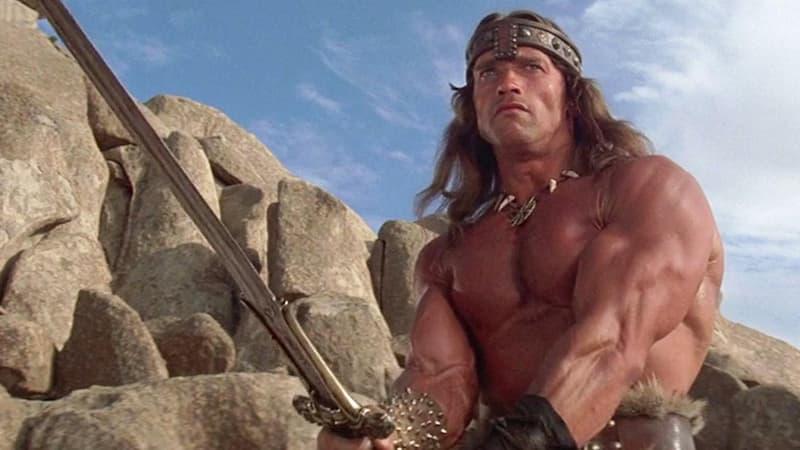
Conan the Barbarian, the iconic Cimmerian warrior crafted by Robert E. Howard in 1932 and licensed to Marvel Comics for decades, offers a brutal, sword-wielding protagonist distinct from the MCU's high-tech heroes, but his film rights reside far outside Marvel's domain.
Marvel published Conan's adventures from 1970 to 2000 and again from 2019 to 2023, integrating him into their universe through crossovers. Yet, the character's core intellectual property, including film adaptations, has always been controlled by separate entities like the Howard estate and later licensees.
As of 2025, Funcom holds the overarching IP rights, including movies, following its 2021 acquisition of Cabinet Group. This dashed prior Netflix series plans when those lapsed earlier this year.
Past films, such as the 1982 Arnold Schwarzenegger classic and the 2011 Jason Momoa remake, were produced by companies like Millennium Films, which shows that Marvel never owned cinematic control despite their comic stewardship.
This separation means Conan can't venture into the MCU for a solo film, depriving audiences of Hyborian Age clashes with modern Marvel lore.
Bêlit & Valeria
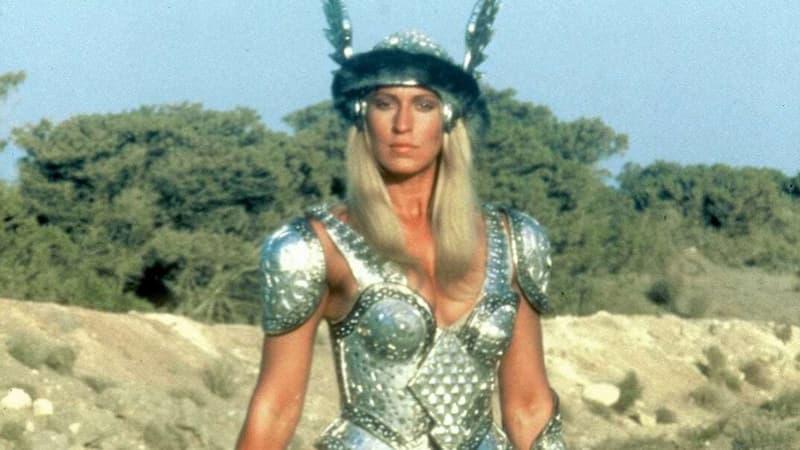
Bêlit, the fierce pirate queen and Conan's lover from Howard's Queen of the Black Coast (1934), and Valeria, the swordswoman from Red Nails (1936), embody the untamed spirit of the Hyborian Age. They appeared in Marvel's Conan comics but are locked out of MCU solos by the same rights fragmentation as their barbarian counterpart.
As integral parts of the Conan mythos, their film rights fall under Funcom's umbrella post-2021, preventing Marvel from spotlighting these warrior women in standalone features. Bêlit and Valeria have been adapted in past Conan films. Bêlit inspired elements in the 1982 movie, while Valeria was prominently featured.
Marvel's comic portrayals, such as Bêlit's resurrection arcs and Valeria's crossovers, enriched these characters with depth. Still, the licensing nature of Howard's creations means film rights were never Marvel's to claim.
Thoth-Amon & Bran Mak Morn
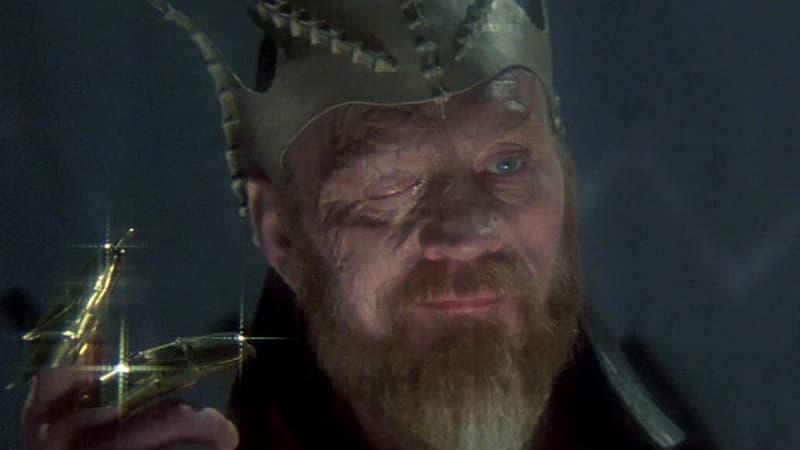
Thoth-Amon, the sinister Stygian sorcerer and Conan's recurring foe from The Phoenix on the Sword (1932), and Bran Mak Morn, the Pictish king from Howard's separate but linked tales like Worms of the Earth (1932), add layers of dark magic and ancient warfare to Marvel's pages, but their film rights elude the studio entirely.
Both stem from Howard's interconnected universe, with rights managed by Funcom since acquiring Cabinet Group, ensuring no MCU solo for these enigmatic figures.
Doc Savage
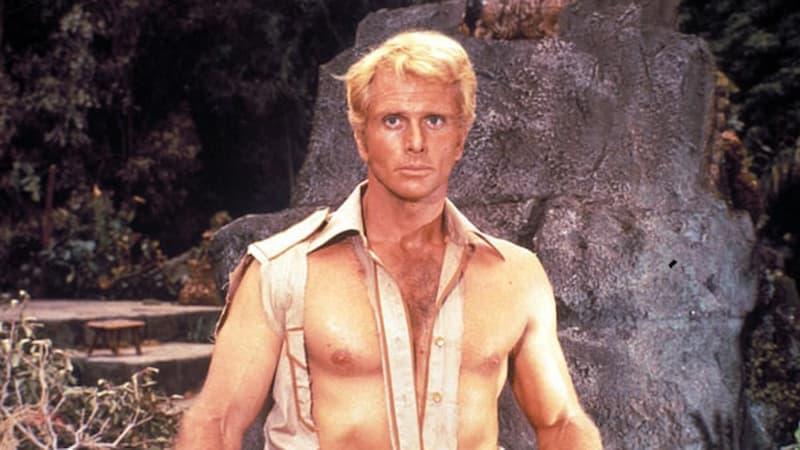
Doc Savage, the Man of Bronze pulp icon created by Lester Dent in 1933, brought superhuman intellect and adventure to Marvel's 1970s comics, but his film rights rest firmly with Condé Nast, barring any MCU solo endeavor.
Marvel licensed the character briefly, portraying him as a peak-human hero with gadgets and a crime-fighting crew. Yet, the core IP, including movie adaptations, belongs to Condé Nast Entertainment, which partnered with Sony for a stalled TV series in 2020.
Earlier attempts, like a Dwayne Johnson-led film directed by Shane Black, faltered due to rights complexities.
The 1975 film Doc Savage: The Man of Bronze was a Warner Bros. production, further demonstrating how limited Marvel's stake is beyond comics.
Geraldo Amartey is a writer at The Direct. He joined the team in 2025, bringing with him four years of experience covering entertainment news, pop culture, and fan-favorite franchises for sites like YEN, Briefly and Tuko.










